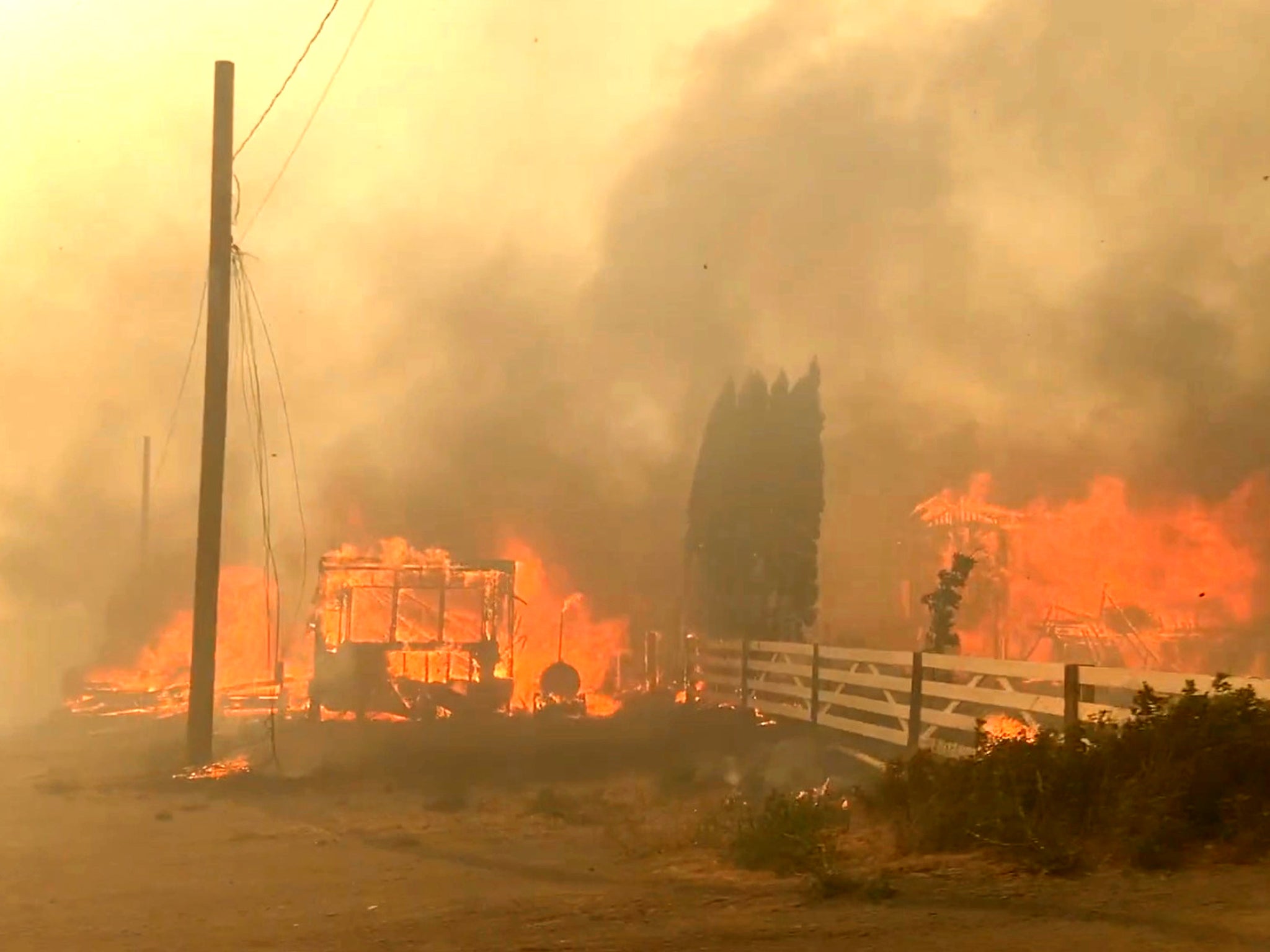Lapland records hottest day since 1914
Experts say the unusually high temperatures in Scandinavia and North America could be linked
The region of Lapland has recorded the hottest day in Finland in more than a century.
The city of Kevo in the north of Lapland, near the border with Norway, recorded balmy highs of 33.6C on Sunday.
This is the hottest day since 1914, when Finland’s meterorological institute registered 34.7C – the highest temperature in the Nordic country since records began in 1844.
On Monday, the village of Utsjoki in Lapland – the northernmost region of Finland that has long been associated with Father Christmas and his elves – recorded a slightly lower temperature of 33.5C.
Sweden also reported its third-hottest month of June since records began.
Norway’s meteorological institute registered 34C in Saltdal, a county near the Polar Circle. This is the highest temperature measured in the country this year, and just 1.6C short of Norway’s all-time record.
The US and Canada have also experienced record-breaking heatwaves that have killed hundreds of people in total, as well as wildfires. The intense heatwave in the US state of Oregon killed 95 people, its governor said on Sunday.
Canada is battling a string of around 180 forest fires in the western province of British Columbia after scorching temperatures of up to 49.6C, a new national record.
More than 700 people died of heat exhaustion in British Columbia in the week between 25 June and 1 July. This number is three times hotter than average in the province, chief coroner Lisa Lapointe has said.
About 70 per cent of the active fires were likely caused by lightning strikes, according to the British Columbia Wildfire Service.

Michael Reeder, a professor of meteorology at Australia’s Monash University, said the events in Scandinavia and North America were linked.
He said a tropical low in the western Pacific, near Japan, had disturbed the atmosphere, creating ripples around the hemisphere in what is known as a Rossby wave. That wave broke off the west of Canada, triggering the conditions for the heatwave.
“It’s like plucking a guitar string. The disturbance propagated along the jet stream,” Mr Reeder said.
“It gets to North America, it [amplified] and produced a big high pressure system in the middle part of the atmosphere.” Climate scientists say this ‘heat dome’ is evidence of the ever-worsening climate crisis.
He said that had then kicked off another wave over the north Atlantic that then broke and produced the conditions for high temperatures in the Nordic regions.
New Zealand saw its hottest June – a winter month in the southern hemisphere – on record, reaching temperatures as high as 22C in some places
Join our commenting forum
Join thought-provoking conversations, follow other Independent readers and see their replies
Comments